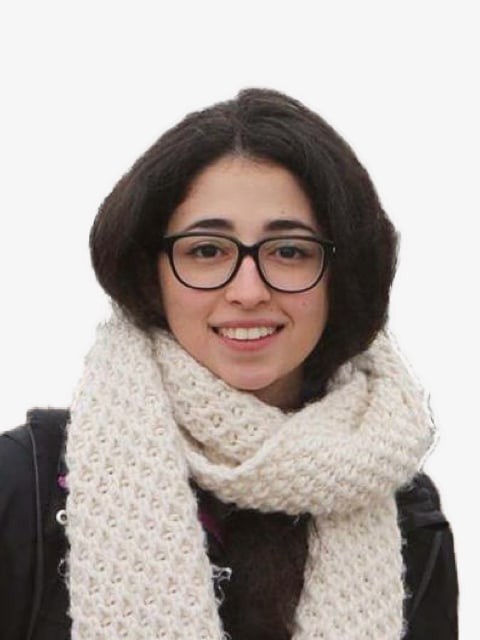The team at Taabani is driven by an interest in the intersection of technology and localization. Abid says “[she] finds solutions that take an existing concept and adapt it to the uniqueness of a certain cultural and geographic context super fascinating. It feeds directly into a bigger question of the digital divide between developed and developing countries.”
For an early stage idea one of the most important priorities is understanding who the customers are and how to solve their problems. Team Taabani chose to join the Columbia | IBM Blockchain Accelerator because it focused heavily on these aspects and provided them with the structure to track and validate their learnings with fellow entrepreneurs and mentors.
The most important lesson they learned throughout the program is “that the most important phase of a product’s lifecycle is the customer discovery phase. The customer interviews have been priceless for us, they allowed us to understand the exact problems our customers face and focus our energy on the aspects of our product that solve those pain points best.”
Moving forward, Taabani is looking to test their product in the market. Having built a good understanding of their customer profiles in the past 3 months, their next step is to iterate over their MVP with a set of pilot customers in order to sharpen their understanding of the space and validate their solution.

